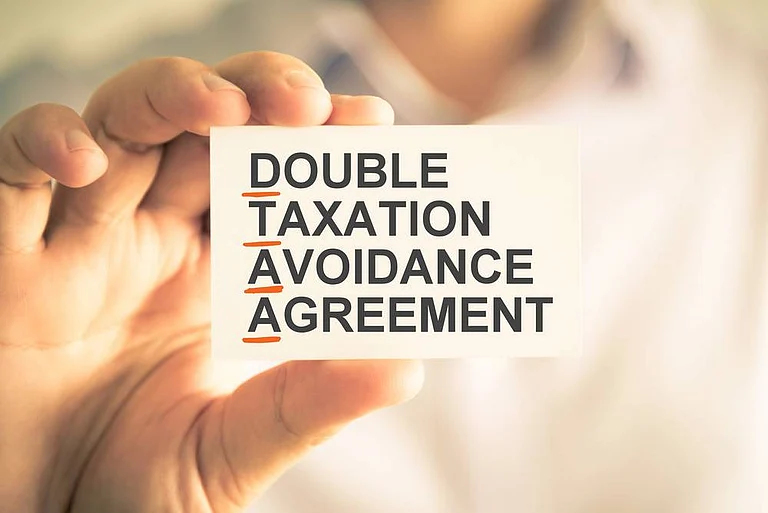By Balwant Jain
Tax Benefit Available On Interest Paid On Gold Loan Taken For House Purchase
No deduction is available under Section 80C for repayment of a gold loan, even if it is used for house purchase. Non-resident taxpayers do not have the option to set off the shortfall in basic exemption available against taxable capital gains. Sale of under-construction flat will attract tax at the applicable income tax rates
I have taken a loan against gold for payment of a house purchase. Can I claim tax benefit on the interest paid on the gold loan? If so, what kind of evidences do I have to provide to claim the exemption?
Answer: Yes, you can claim tax benefit on the interest paid on gold loan under Section 24(b) of the Income-tax Act, 1961 if you are able to establish that the same was used for house purchase.
You will need the bank statement to establish that you had used the gold loan credited to your bank for buying the house. Please note that no deductions are available under Section 80C for repayment of the gold loan.
Also, deduction is not available under the new tax regime for self-occupied property. For let-out property or properties, the deduction will be restricted to the amount of taxable rent only, as no loss under house property is allowed to be set-off against other income under the new tax regime.
How is capital gains on listed shares taxed for non-resident Indians (NRIs)? Are the rules in respect of capital gains on shares different for non-resident individuals?
Answer: There is no difference as regards the rates at which non-residents have to pay tax on profits from sale of listed shares. If the shares are sold within 12 months, the applicable tax rate is 20 per cent, else it gets taxed at 12.50 per cent on the profits without indexation after initial exemption of Rs. 1.25 lakh which applies for equity mutual funds and listed shares taken together.
However, there is one difference as regards taxation of these profits for individuals and Hindu Undivided Families (HUFs). Where income other than long-term capital gains (LTCG) of any nature and short-term capital gains (STCG) on listed shares and equity schemes are less than the basic exemption limit, a resident taxpayer is entitled to set off his/her taxable capital gains against such shortfall in basic exemption limit and has to pay tax on the balance capital gains. No such facility to set off the shortfall in the basic exemption against the taxable capital gains is available to a non-resident taxpayer.
I have sold an under-construction flat which I had booked last year. Can I pay tax on STCG at 20 per cent flat instead of adding it to my yearly income as I am in the highest tax bracket?
Answer: The benefit of concessional tax rate of 20 per cent on STCG is applicable only in respect of listed equity shares and units of equity-oriented schemes of a mutual fund on which securities transaction tax (STT) has been paid.
For all other assets, STCG is treated like any other income and is added to your other regular income and taxed at the slab rates applicable to your total income. Since the capital gains arose on sale of assets other than those mentioned above, you will have to pay the tax at the rate applicable on your income slab and not at 20 per cent.
The author is a tax and investment expert

